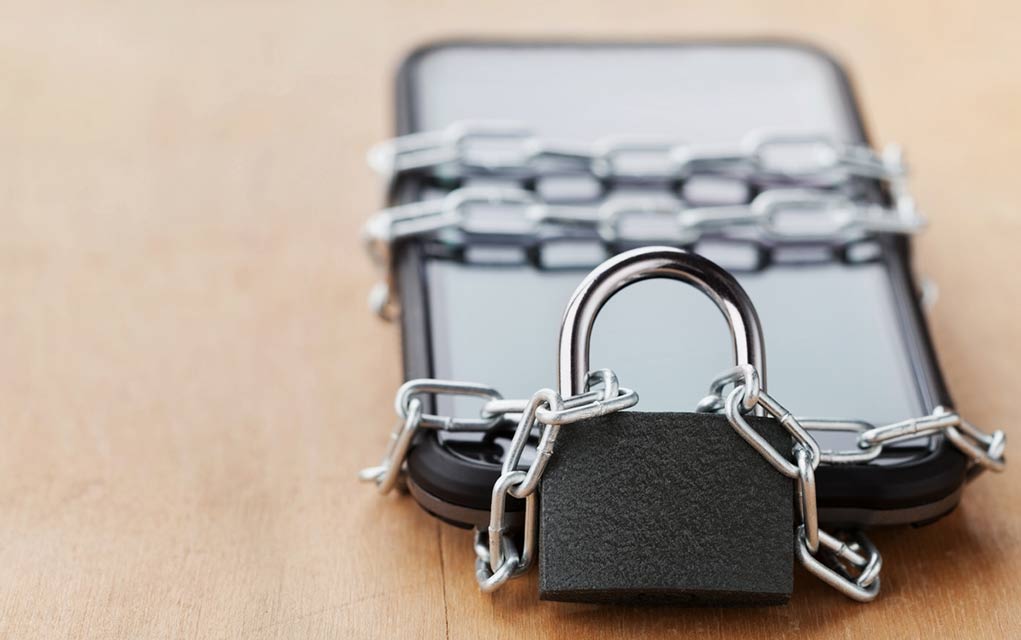
A young woman’s life-threatening ordeal after consuming an energy drink serves as a stark warning about the potential dangers of these popular beverages.
Top Takeaways
- 20-year-old Jazmin Garza suffered multiple cardiac arrests after consuming an energy drink during a workout
- Energy drinks can have damaging effects on young adults, including sleep disturbances and potential health risks
- Consumption of energy drinks has been linked to lower GPAs and increased alcohol consumption among college students
- Experts recommend alternative caffeine sources like coffee or tea, which offer health benefits without the risks associated with energy drinks
- Jazmin’s experience highlights the importance of listening to one’s body and seeking medical attention for health concerns
A Workout Gone Wrong: Jazmin’s Brush with Death
Jazmin Garza, a 20-year-old fitness enthusiast with no known health issues, faced a life-threatening situation after consuming Ghost, a popular energy drink, during her workout. She unexpectedly collapsed and went into cardiac arrest multiple times, suffering from organ failure. Jazmin’s boyfriend performed CPR until paramedics arrived, but her heart stopped four times, causing severe damage to her organs.
Doctors placed Jazmin on life support, including ECMO, dialysis, and a ventilator. Her prognosis was uncertain, with medical professionals stating they would “need a miracle to come back to us—and be the same Jazmin we knew.” Remarkably, after two weeks, Jazmin made a miraculous recovery, though the exact cause of her cardiac arrests remains unknown.
The Hidden Dangers of Energy Drinks
Energy drinks have gained popularity among college students and young adults seeking a quick boost. However, multiple studies have shown that these beverages can have damaging effects on well-being. Brittany Krim, a dietitian, advises caution due to potential negative effects like sleep disturbances.
“The research has either been a denying health outcome or a negative one. So if it’s neutral or bad, I just tend to shy away from either of those outcomes,” said Krim.
A study in Norway found that energy drink consumers slept less and took longer to fall asleep. Researchers emphasize the importance of prioritizing sleep for academic success and a healthier lifestyle. Studies have also linked energy drink consumption to lower GPAs in school, though a direct causal relationship has not been established.
Alternatives and Healthier Choices
Experts suggest alternative caffeine sources like coffee, tea, and cocoa, which offer health benefits without the risks associated with energy drinks. Natural caffeine has been linked to lower risks of type 2 diabetes and heart failure, and can increase focus and lifespan when consumed in moderation.
Students and young adults are encouraged to maintain a balanced lifestyle with healthy habits like good sleep and diet. Jazmin’s experience has given her a renewed perspective on life, urging others to listen to their bodies and seek medical attention for any concerns.
A Wake-Up Call for Energy Drink Consumers
Jazmin’s harrowing experience serves as a cautionary tale for energy drink consumers. “I feel like I’ve had a second chance at life now. I want to do even better now,” she reflected after her recovery. Her story underscores the importance of being aware of one’s health status and heeding any warning signals from the body.
As research on the long-term effects of energy drinks remains limited, consumers should approach these beverages with caution. The potential risks far outweigh the temporary benefits, making it crucial for individuals to prioritize their health and well-being over quick energy fixes.












